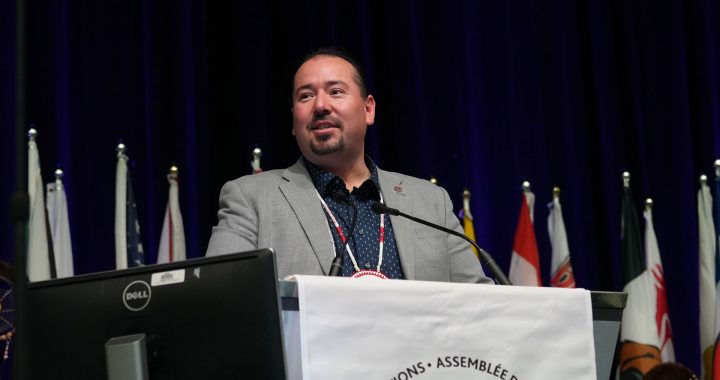Racism does not always show itself in nefarious ways.
Having a degree, diploma or letters in front of your name certainly does not mean you cannot be racist.
According to Dr. Barry Lavallee, “Racism comes in nice white smiling faces.”
For much of his career, the Metis/Saulteaux physician has tried to counter the institutional racism Indigenous people face.
In 2019, Lavallee resigned in protest from his post at the University of Manitoba, the second Indigenous administrator to do so at the time.
Lavallee says he had become frustrated with the lack of support from administration in his efforts to address the racism Indigenous students were facing.
“There was nobody or no system or nothing really, really seriously wanting to address the normalized racism against Indigenous people in that higher institution of learning,” says Lavallee.
“I just sat on an appeal with one of our First Nations medical students to support her and what was clear to me was the system still can’t see how racism affects First Nations and other Indigenous peoples,” says Lavallee.
“The real issue is if you’re white and in power, you can never see racism. So, the logic then from the towers of powers is that it doesn’t exist.”
Recently, Lavallee called for criminal charges to be laid against the nurses heard on Facebook video berating Joyce Echaquan, 37, with racist taunts before the Atikamekw mother died in hospital in Joliette, Que.
He says he wants to be an expert witness for the Echaquan family and adds no autopsy will show the impact racism played in Joyce’s death.
Lavallee was a member of the Brian Sinclair Working Group.
“Brian Sinclair did die of racism, we have all of the that evidence we need. A group of my colleagues and I examined his particular case and at every turning point it was racism that led him to die alone in the emergency room at the Winnipeg hospital,” says Lavallee.
In October, Lavallee was named as chief executive officer of Keewatinohk Inniniw Minoayawin Inc., a new health entity formed by Manitoba Keewatinowi Okimakanak, which serves First Nations in northern Manitoba.
His appointment comes amid the global COVID-19 pandemic.
On Nov. 12, the entire province of Manitoba will enter code red.
As of Nov. 9, there were 963 active cases of COVID-19 among First Nations in the province.
The number is nearly evenly split between on-reserve and off-reserve cases.
Lavallee says previously ingrained disparities like housing, access to technology, education and employment are even more amplified and playing havoc in communities during the pandemic.
As winter approaches, Lavallee is encouraging people, should they start feeling down or having negative thoughts, to reach out to a friend or somebody you trust or call one of the provincial or federal hotlines that have been set up.













